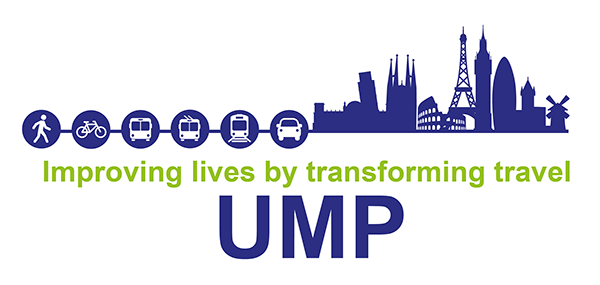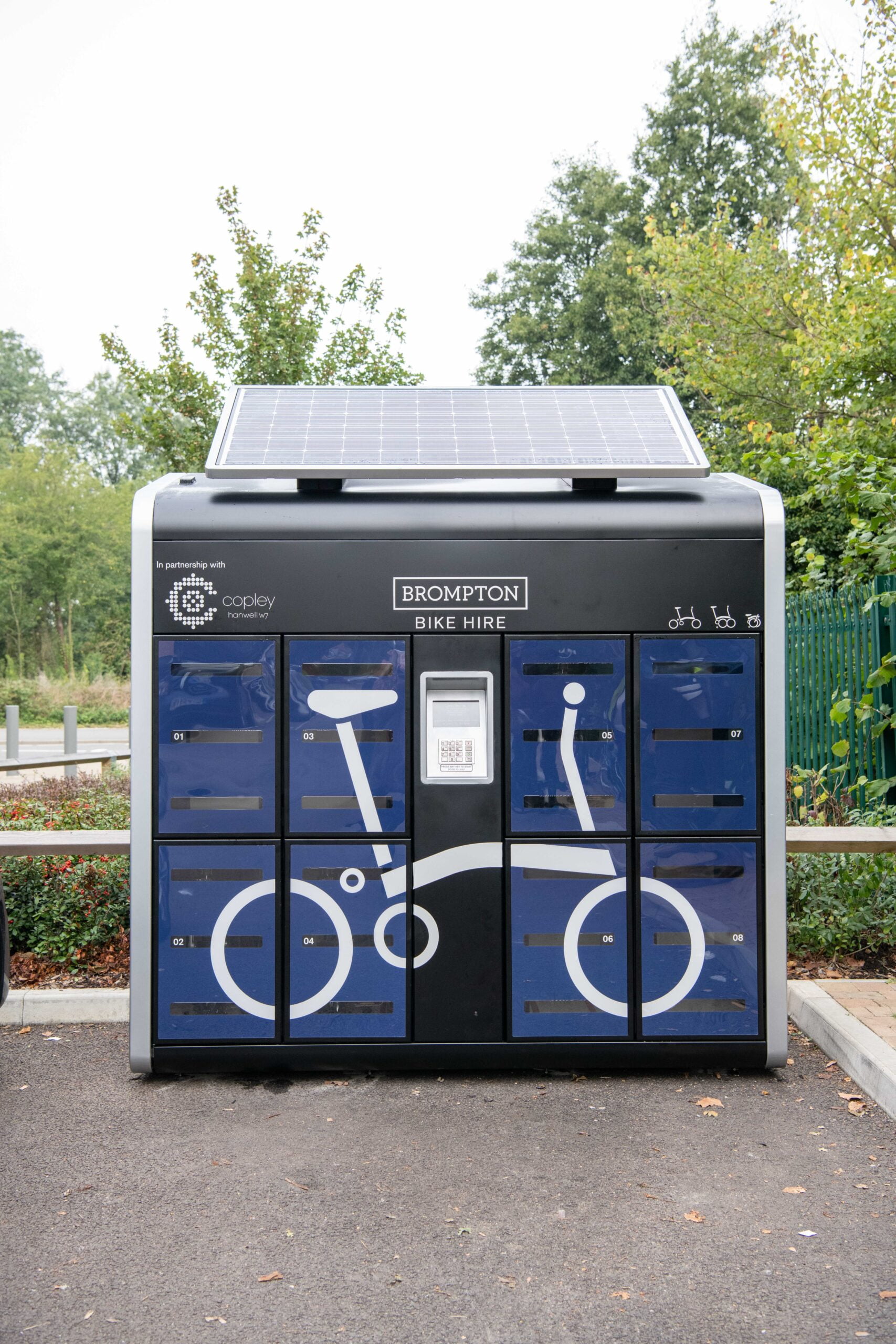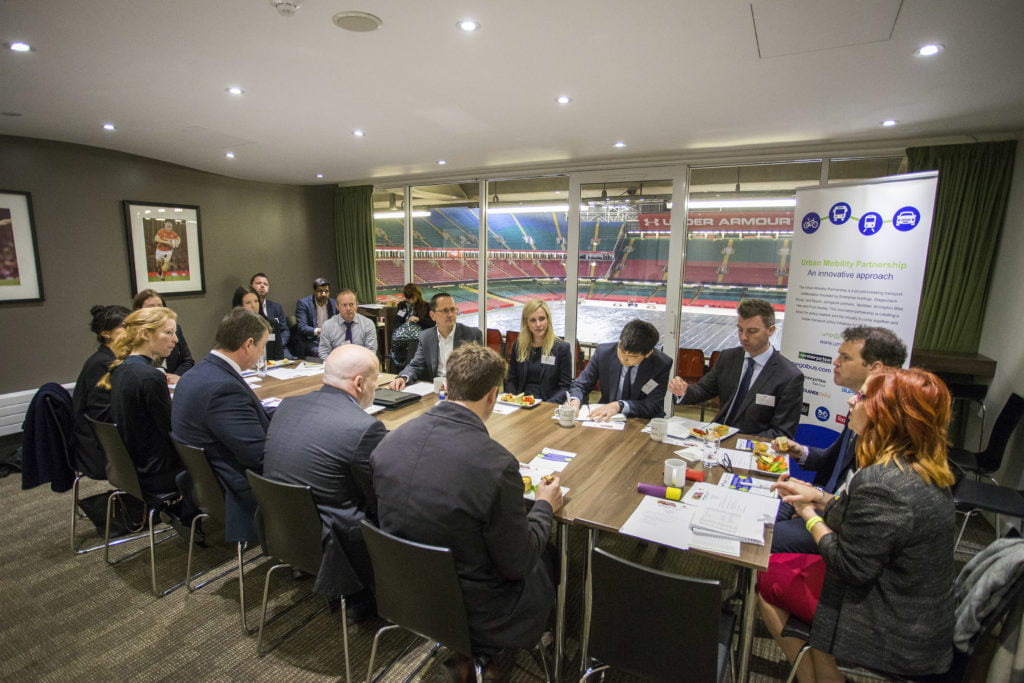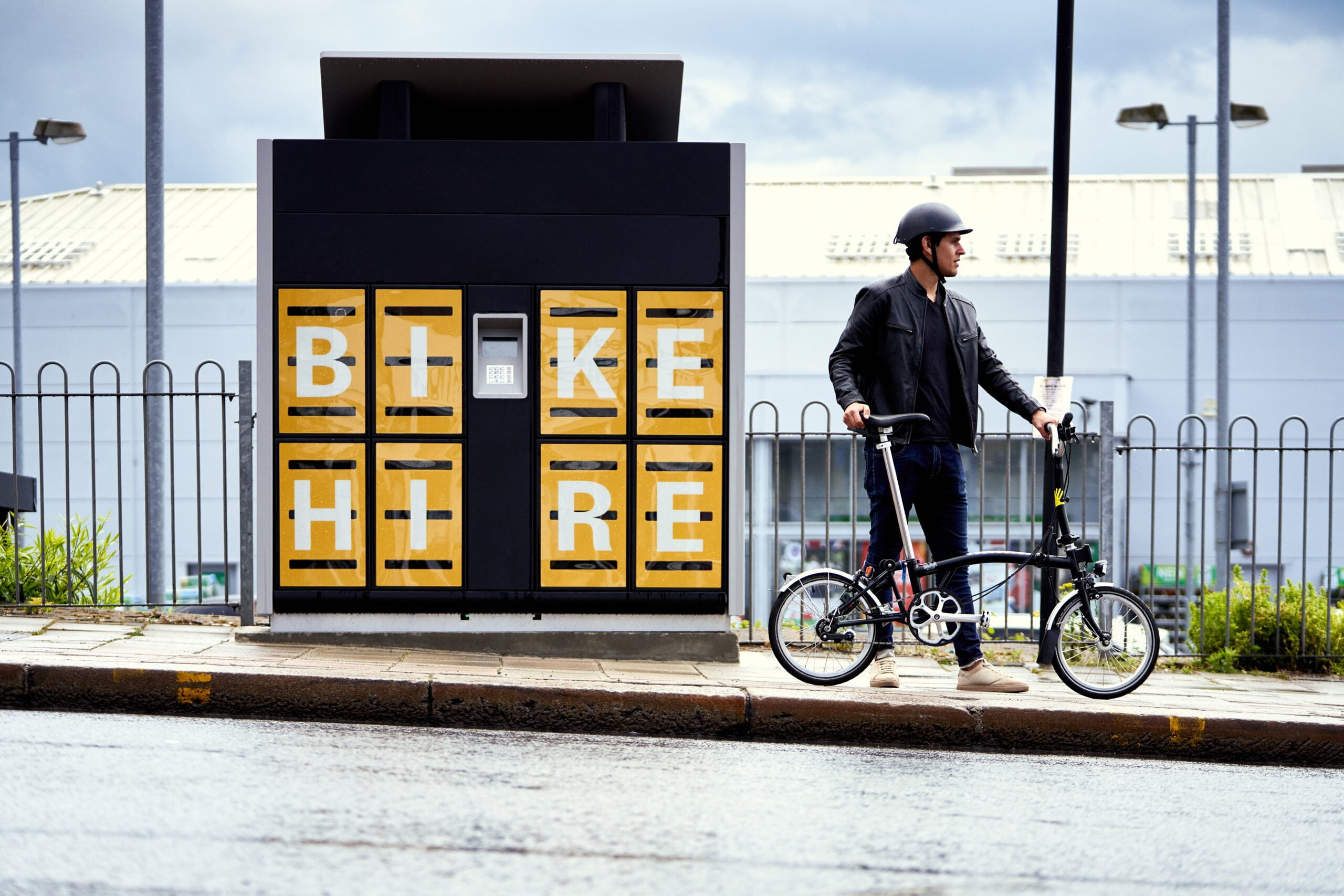UK Policies
Policy Asks
The Urban Mobility Partnership (UMP) is dedicated to developing policy solutions that support the creation, integration and engagement of multi-modal transport systems and places the consumer at their heart.
UMP draws upon member’s expertise from across the mobility sector to develop solutions which can be implemented as both short- and long-term policy solutions, to drive modal shift towards sustainable travel and away from private car ownership. UMP’s focus, as the name suggests, looks at urban cities. The growing population, and with this, congestion and air pollution, creates challenges not only for reaching decarbonisation goals, but also for how people can live, work and travel, in the most effective, sustainable and accessible way possible. UMP therefore is committed to developing mobility solutions which help towns and cities transform how commuters travel.
UMP was formed because those in the transport space can often work in siloes – meaning that different modes of our transport system often work as self-contained areas with their own issues. However, UMP was developed to bring together those different transport modes and issues into one coalition – with the aim of collaboratively developing multi-modal transport policy solutions. UMP is a policy leader within this space, and has forward-thinking policy asks to support a modal shift, encompassing sustainable town planning and multi-modal solutions, which can benefit the consumer, local authorities, private operators, and national Government. These are outlined below:
Mobility as a Service (MaaS)
One of the key policy areas UMP has made significant progress in is Mobility as a Service (MaaS). MaaS is the integration of transport services into a single mobility service, which is accessible on demand, allowing the consumer to plan, book and pay for a multi-modal transport journey in one app. MaaS has the potential to revolutionalise the way consumers travel, providing an unparalleled choice of transport modes and making journeys significantly more convenient, cost-effective and ultimately, more sustainable.
UMP has been at the forefront of policy development around MaaS in the UK. In 2019, UMP recommended that the UK should adopt a MaaS code of conduct to ensure the development of good practice and support innovation in this space. This was one of the Transport Committee’s key recommendations to the Department for Transport as part of the Committee’s parliamentary inquiry into MaaS that year. Since then, UMP’s members have been intrinsic to Europe’s largest MaaS trial, collaborating with the Highlands and Islands region in Scotland on the award-winning Go-Hi app. UMP wrote a Practical Guide to MaaS and launched the paper ahead of the Government’s formal consultation on the code of practice in 2021 in Birmingham. Most recently, UMP was delighted to support the Department for Transport in its launch Mobility as a Service (MaaS) code of practice this year
Greyfleet and Corporate Travel
With transport being the largest source of carbon emissions in the UK and the industry working to achieve net zero targets, over the past few years UMP has worked to address these major challenges by developing a clear set of policy solutions to combat private car use.
Through ours and our members work, we have identified corporate travel and commuting as two areas where behavioural and policy changes can have a significant impact on reducing congestion and improving air quality.
In 2022, UMP published its paper on ‘Transforming Corporate Travel and Commuting’ which provides both practical implementation advice, with supporting case studies and policy proposals outlining what is required from national and local government in order to support organisations and businesses reduce single-occupancy car use. We have been delighted to launch this paper at a series of regional roundtables, for local councils and the NHS, across the UK.
Mobility Credits
Since its launch, UMP has played a key role in the development of mobility credit schemes. Mobility credits are a financial incentive for consumers to change their behaviour and seeks to reduce the number of cars on the road, particularly older more polluting vehicles, by offering a credits-based incentive scheme for use on all local sustainable transport options. Funds are then generated through developer contributions and provided to new residents in the form of ‘mobility credits’ to incentivise the use of sustainable travel options.
UMP members supported the development of the successful Mobility Credits Pilot in 2021 which has taken place in West Midlands, as part of Mayor of West Midlands Andy Street’s ‘Future Transport Zone.’
Planning for Mobility
The planning process has huge implications for transport systems across the UK. UMP has been calling for changes to planning policy for developments, to ensure this includes a focus on how the residents and workers who will live and work there can move around sustainably and offer the multi-modal transport options consumers want. Urban planning and new developments have a key role to play in assisting modal shift and changing consumer behaviour, making more sustainable and alternative modes of transport more successful.
UMP has been delighted to engage with Government on planning issues and has responded to previous consultations to make the case for the integration of transport and planning policy to achieve the Government’s environmental ambitions and create the multi-modal transport system of the future. UMP has also developed a ‘Planning for Mobility’ policy brief to consider existing.
Future of Urban Mobility
As part of UMP’s initial launch, we embarked on a series of roundtables to hear from different stakeholders throughout the UK about the various challenges they face in their urban centres. UMP brought together some of the most important figures in transport, environment and infrastructure in seven major UK cities and developed five areas of policy recommendation: national policy framework, Mobility as a Service, Mobility Credits, Grey Fleet and Planning, which has helped inform UMP’s later work.
Mobility Hubs
Mobility hubs are places of connectivity where different travel options such as walking, biking, car, bus, can be incorporated. They not only help to provide connected access to a range of sustainable modes of transport, including public transport, but can also redesign parking areas and public spaces to encourage the shift away from private car use. Mobility hubs also have the potential to be a key feature of urban regeneration not just in terms of delivering transport options that consumers need and desire but by also being community spaces, integrating cafés and other social spaces into the transport network to boost local economies and businesses. Such hubs provide better connectivity between modes and between different areas, while gathering real time data to consumers, transport providers and local authorities.
Address
24 Southwark Bridge Road
London
SE1 9HF





